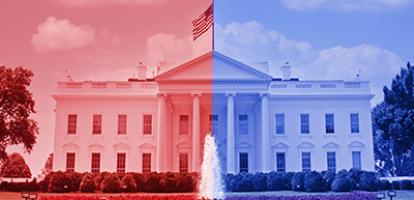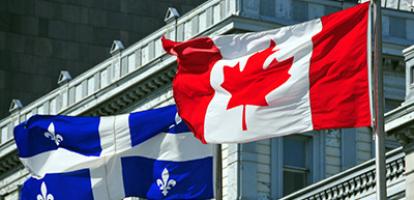From: Jon Johnson
To: Canadians Following Trade Policies of US Democratic Contenders
Date: October 8, 2019
Re: The Warren Manifesto
On July 29, Senator Elizabeth Warren set out her trade agenda as president.
Warren is one of Donald Trump’s most vocal critics. However, her approach to trade, outlined in Trade – On Our Terms, is similar to his in some respects.
Warren will use the enormous US leverage that it brings to trade negotiations as the world’s most attractive market. The Trump administration also considers US leverage very important and favours bilateral as opposed to multilateral deals to use US leverage most effectively to extract concessions.
Like the Trump administration, Warren advocates Buy America and “strong rule-of-origin” standards to promote domestic manufacturing.
Both also oppose investor-state dispute settlement procedures, although the rationales differ. (Warren wants to stop providing corporations with special enforcement rights while Trump simply wants to discourage investing abroad).
Warren states that she will “create automatic triggers to initiate investigations into unfair trade practices” and impose trade remedies immediately. The Trump administration has not hesitated to use unilateral trade remedies through Section 301 of the Trade Act of 1974. Warren says a president “has a lot of authority to remake trade policy herself” and that when elected, she intends to use it. Trump, of course, has made extensive use of Section 301, as well as Section 232 of the Trade Expansion Act of 1962, to remake US trade policy.
While Warren does not condemn the World Trade Organization, she has nothing positive to say about it or its importance to the world trading system. Instead, she would demand significant changes to WTO rules, such as imposing border tax adjustments to offset carbon-intensive processes used by foreign firms and creating a new “non-sustainable economy” designation that would allow the US to impose tougher penalties on countries with low standards.
On agriculture, Warren maintains that “NAFTA 2.0 (CUSMA) is written to help giant multinational agribusinesses at the expense of family farms.” In fact, the original NAFTA significantly improved market access for US farmers in the Mexican market. She also promises to reopen the country-of-origin labelling issue, a US policy that caused significant damage to Canada’s cattle industry and that was resolved in Canada’s favour by the WTO.
Warren’s policies would make it more difficult for the US to enter trade agreements. First, in order to be considered eligible for a trade agreement with the US, a country would have to fulfil multiple criteria including respecting labour rights, adhering to the Paris Climate Agreement and eliminating fossil fuel subsidies, to name a few. Second, multiple layers of approval would be added to existing trade promotion authority procedures. For example, she would seek expedited approval of a trade agreement only when “every regional advisory committee and the labor, consumers, and rural advisory committees unanimously certify that the agreement serves their interests.” This level of concurrence may be difficult to obtain.
The implementation of Warren’s trade policies may benefit Canada in one respect. Her trade policies will probably result in the US entering into fewer new trade agreements. This should enhance the value of existing trade agreements such as CUSMA (if it is approved) or NAFTA (if it is not terminated).
Canada probably ranks at or near the top of the list of countries that satisfy Warren’s criteria for US trading partners; criteria that, as she points out, the US itself has difficulty satisfying.
Jon Johnson is a former advisor to the Canadian government during NAFTA negotiations and is a Senior Fellow at the C.D. Howe Institute.
To send a comment or leave feedback, email us at blog@cdhowe.org.
The views expressed here are those of the author. The C.D. Howe Institute does not take corporate positions on policy matters.





